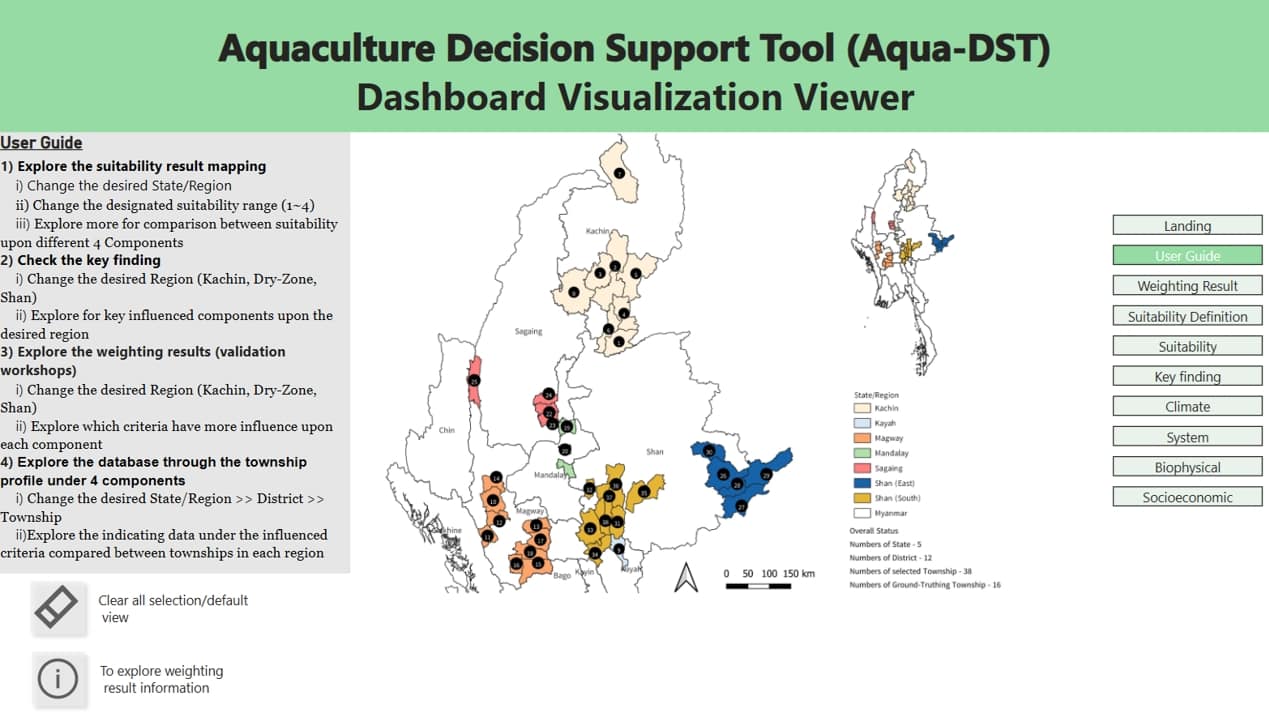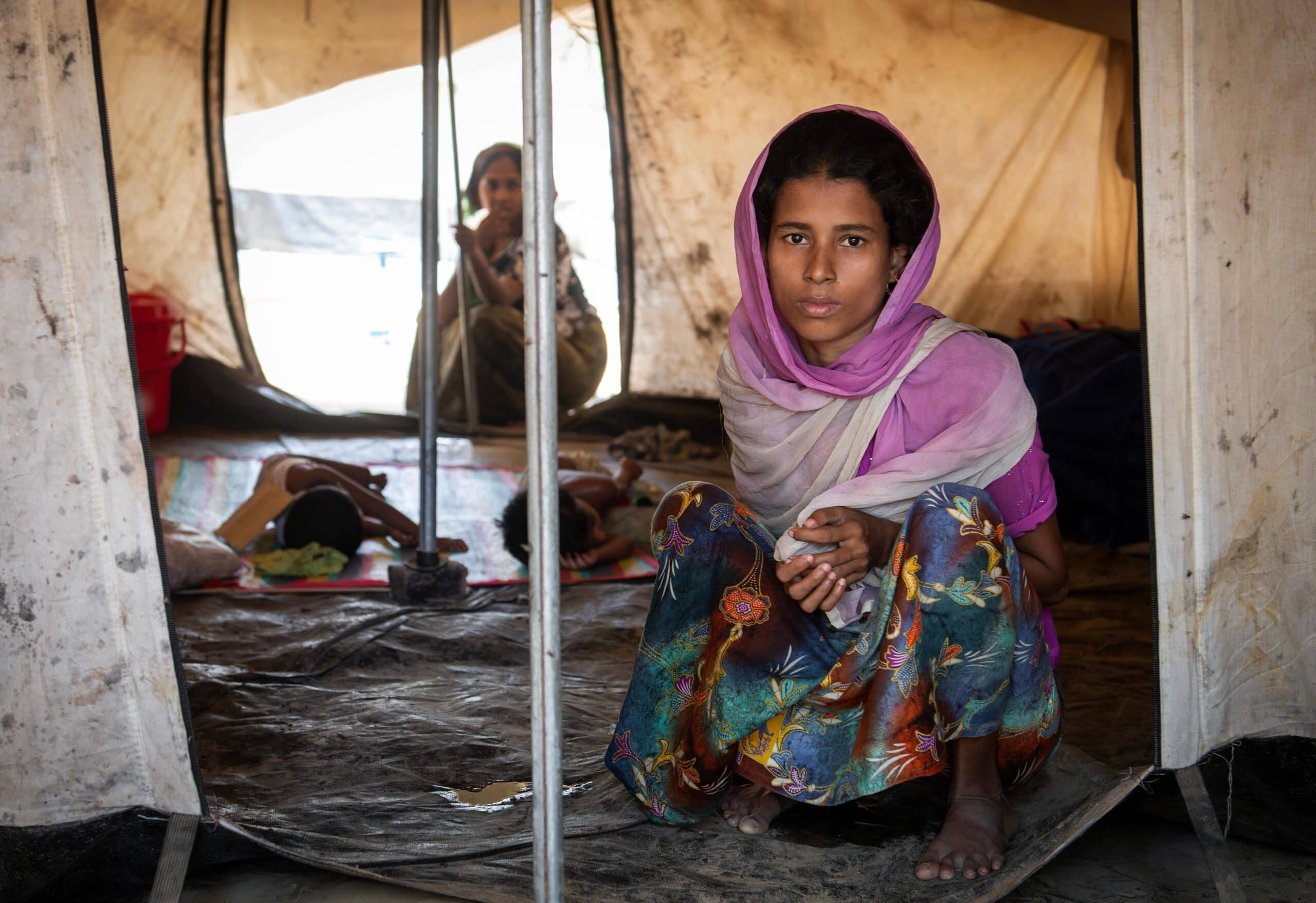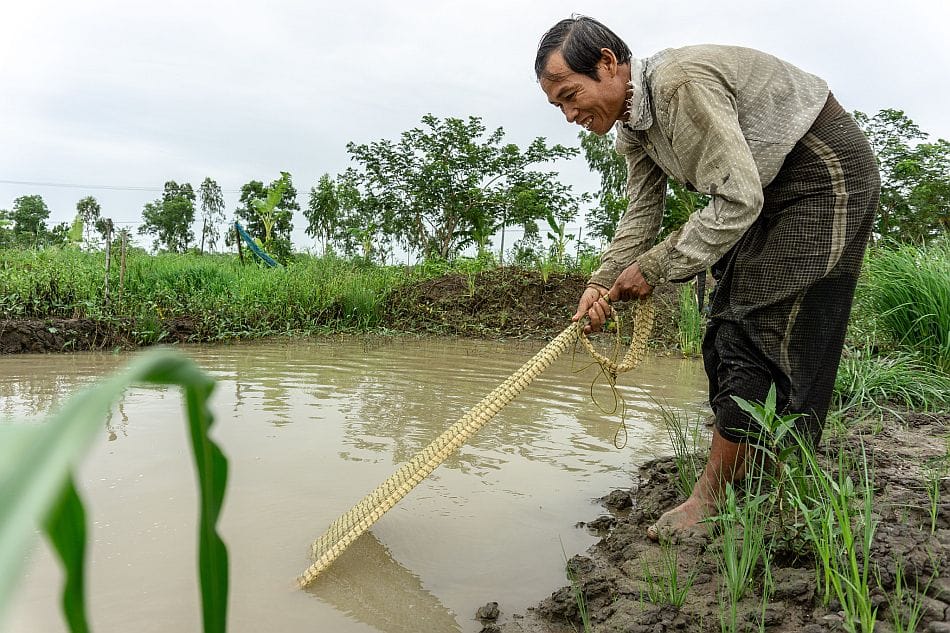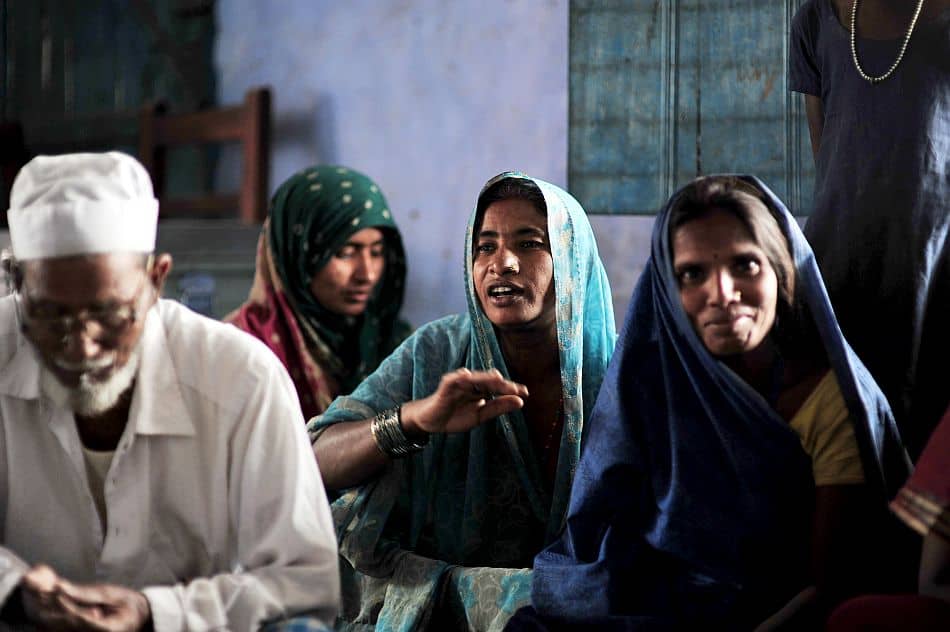Myanmar
Myanmar is rich in natural resources, with a diverse climate ranging from coastal zones to mountainous regions. Agriculture, particularly rice and fisheries, is a key part of the country’s economy, providing livelihoods for over 60% of the population. The aquaculture sector is increasingly important, contributing to both food security and economic development.
However, water resource management is a critical challenge, with increasing pressures on water quality and availability due to climate change and unsustainable practices. Given Myanmar’s vast aquatic resources, sustainable aquaculture expansion presents both opportunities and risks that must be carefully managed to ensure long-term economic growth and nutrition improvements.
IWMI in Myanmar
IWMI’s focal areas in Myanmar are in advancing sustainable aquaculture and improving water resource management for food security and livelihoods. Through the Fish for Livelihoods (SAIL) project, IWMI researchers are investigating the constraints, risks, and opportunities related to small-scale aquaculture, particularly in terms of water resource availability and quality. The Aquaculture Decision Support Tool (Aqua-DST) helps identify priority areas for aquatic food production, particularly in the Upper Ayeyarwady River region, providing data-driven insights for more effective decision-making.
Additionally, the CGIAR Initiative on Aquatic Foods aims to enhance the resilience of aquatic food systems by scaling research and innovations that benefit both people and the environment. By combining data-driven decision support tools with targeted research, IWMI’s efforts are collaborating with local stakeholders in Myanmar to build a more sustainable, resilient aquaculture sector while improving nutrition and supporting local communities.








